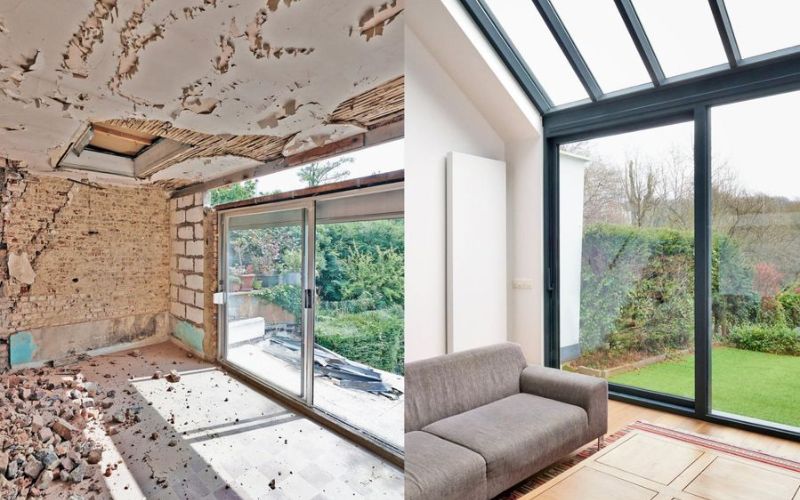British Columbia has introduced an anti-flipping tax aimed at dissuading short-term property speculation for profit. If passed, it will take effect on January 1, 2025, and will target properties that have been resold within a two-year timeframe.
Between 2020 and 2022, approximately 7% of all property sales in B.C. occurred within two years of being purchased, leading the provincial government to estimate that the tax would apply to around 5,000 properties. Projections estimate initial revenues of $11 million in the first half of 2025, escalating to $43 million annually over the subsequent two years. These funds are earmarked for directly bolstering the construction of affordable housing.
It is important to note that the tax is separate from federal property flipping regulations, where profits from properties sold within one year of purchase are fully taxable as business income, and do not qualify for the 50% capital gains inclusion rate or the Principal Residence Exemption. The proposed BC anti-flipping tax is also not harmonized or administered with the Federal or B.C. income tax.
The BC home flipping tax will apply to gains derived from residential property sales within the set two-year ownership period, for any sales after the January 1, 2025 effective date. Even properties purchased before this date may fall under the tax, if sold within the specified timeframe, unless any exemptions apply. For example, a residential property purchased on March 1, 2023 and sold in January 2025 would be subject to the tax.
This policy applies universally, so BC and Canadian residents, as well as foreign investors, are all affected.
The rate of taxation will be applied inversely based on the duration of property ownership. Those selling within 365 days of purchase will have the highest rate of 20%. This rate will gradually decline for sales occurring between 366 and 730 days until it reaches 0% once the two-year timeframe is complete.
Exceptions exist for circumstances prompting a property sale within two years, including death, divorce, disability, job relocation, personal safety concerns, and insolvency. The tax also excludes properties situated on reserve lands, treaty lands, and territories governed by Indigenous Nations, respecting their distinct legal and jurisdictional frameworks.
The tax applies to income from the sale of properties with housing units or residential zoning, as well as rights to acquire such properties, including purchase contract assignments. Special provisions address properties or portions of properties with non-residential purposes.
There are concerns about potential unintended consequences; some worry that property holders might delay listing their assets to evade the tax, potentially reducing critical housing supply. Some have also questioned the choice of a two-year timeframe, as flipping is often considered to be within six months.
Brendon Ogmundson, chief economist with the British Columbia Real Estate Association, reports that “short-term flipping is a low share of sales activity (<6 months is about 1.7% and <12 months is about 3% in both Victoria and Vancouver”.
The proposed tax is expected to be introduced during the spring legislative session.








